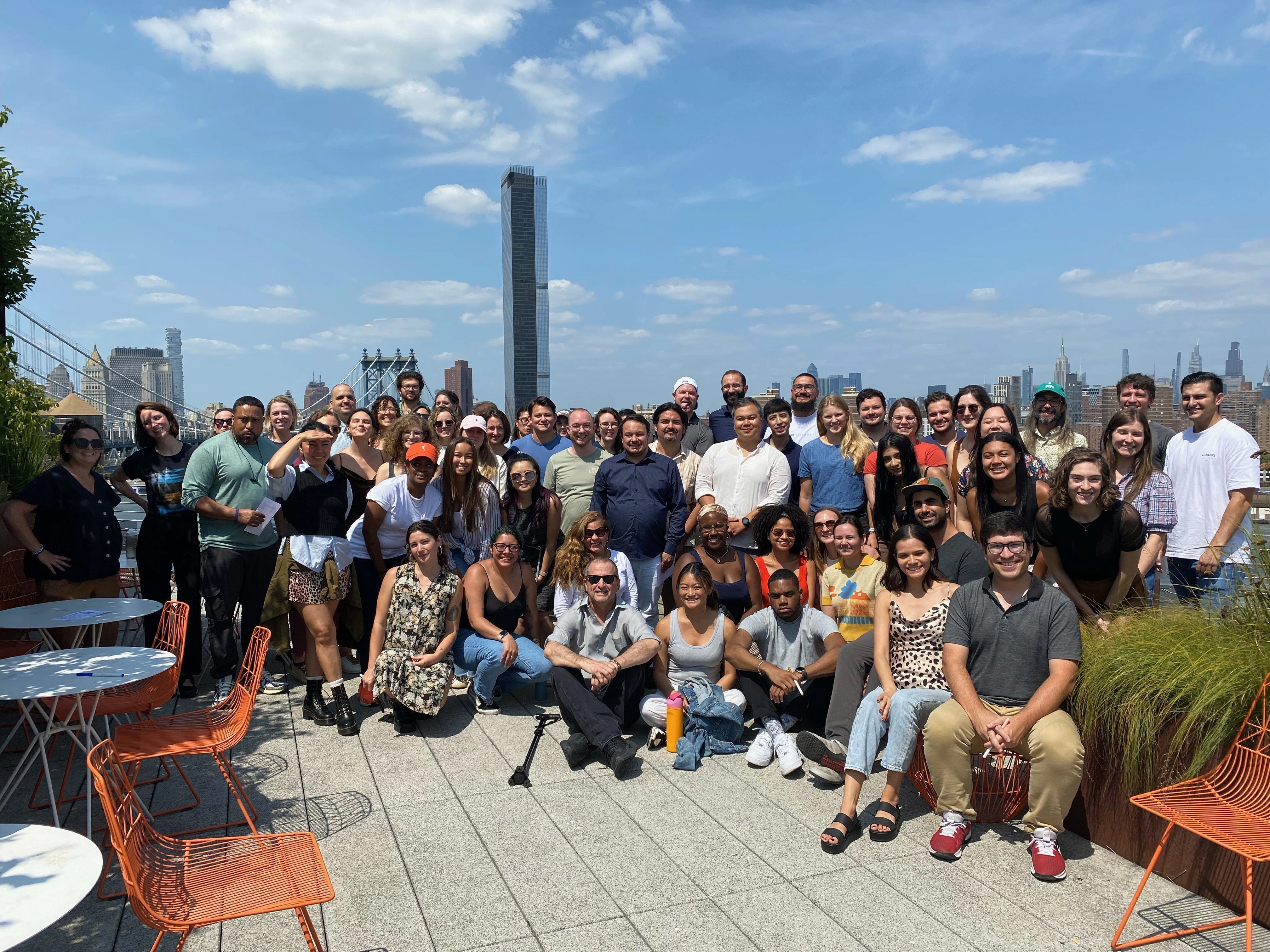Access

- Submit your institution’s Sharing Information on Progress (SIP) Report
- Access SIP reporting across institutions
Access

Access


The Bard MBA in Sustainability is one of the few graduate business programs worldwide that fully integrates a focus on mission-driven business and sustainability into a core graduate business curriculum. The program enrolls over 130 students and has earned top global recognition, including being named the #1 Green MBA in the U.S. by Princeton Review for four consecutive years (2021-2024), the #1 MBA nationwide for Non-Profit Management, and the #3 “Better World MBA” in 2024 by Corporate Knights.
Bard’s MBA has created a one-of-a-kind, comprehensive curriculum for transforming business towards a focus on social and environmental mission and sustainability. Students are introduced to the Sustainable Development Goals (SDGs) in the first session of their first class: Principles of Sustainable Management. Because of our focus on “business for good”, all of our classes and student projects address SDG issues, from climate action to gender equity, life below water, and sustainable production and consumption. We now have hundreds of alumni doing great work in the world advancing the SDGs, and through the creation of a durable and financially successful new business school, there will be thousands more to come.
Students head in multiple directions in terms of industry and SDG impact—from fashion to energy to food to finance—and function—from entrepreneurs to intrapreneurs, consultants and career switchers. Four quick success stories: Chelsea Mozen, as head of Sustainability at Etsy guided the business to be one of the first big public companies with a major near-term carbon commitment; Emma Jenkins entered our program as a school teacher and within a year of graduation was Vice President for ESG, Americas at Deutsche Bank; Jarrid Green is a consultant at BSR where he has worked on issues ranging from affordable housing to air pollution; after graduation, Martin Lemos became co-director at the National Young Farmers Coalition, and now works in finance for regenerative agriculture. We maintain a comprehensive, public database of our hundreds of alums with their career trajectories on our program website.
In Fall 2020, the Bard MBA adopted a commitment to what we call Justice in Impacts and Organizations (JOI), focused on preparing our future leaders to 1) build fully inclusive organizations and business models, with (2) a focus on effective leadership for racial and social equity within their organizations. Supported by training opportunities, faculty in almost all of our courses have reworked their curricula to consciously address these themes. Additionally, in 2021, we introduced a unique summer pre-requisite for all incoming students focused on developing a common vocabulary upon entry into the program. There is no model for a business school integrating a focus on anti-racism across the curriculum, so the Bard MBA approach has been an iterative learning journey on which we have made substantial progress. We have authored a working paper that describes how the curriculum has evolved to include a focus on racial equity and social justice and how it addresses our JOI goals.
Building from the ground up, Bard has created an MBA that fully integrates a focus on sustainability revenue, cost and innovation advantages across all functional areas of business– accounting, operations, finance, marketing, strategy, data- analysis: every business vertical. As an example, the first semester course in Accounting and the Integrated Bottom Line covers the standard material in Managerial Accounting, while building in foci on measuring what matters, and ESG finance.
The course begins with a focus on the three essential financial reports--Income Statement, Balance Sheet and Cash Flow. We move quickly to the concept of the Integrated Bottom Line-- how material sustainability investments enhance revenue and reduce costs. Students also engage with the alphabet-soup of existing and emerging US and European reporting frameworks and regulations: GRI, CDP, SBTi, TCFD, IFFRS, SASB, ISSB CSRD. The course delves into the calculation and use of managerial accounting tools-- financial ratios, e.g. vertical/horizontal analysis and liquidity/solvency/profitability ratios. To understand and evaluate performance, students choose and analyze a publicly traded company based on the least three years of its 10K reports.
Our success also flows from a highly experiential approach. Sustainable business is a problem-solving discipline. We integrate project-based learning, consulting opportunities and real-world exercises wherever possible. Finally, Individualized Career Support has been critical to find work in multiple industries. For a deeper dive into a review of the Bard model, please see the Bard chapter in Breakthroughs in Sustainable Business Education: Change-makers in Action (2024), edited by Morgane Fritz, James Weichert, Isabel Rimanoczy, and Linda Irwin.
Are you a PRME Signatory Member? Showcase your institution’s impactful work in responsible management education by submitting a Spotlight for a chance to be featured on the PRME website and social media channels.